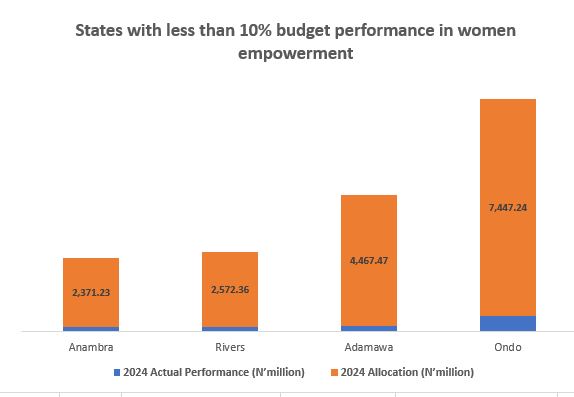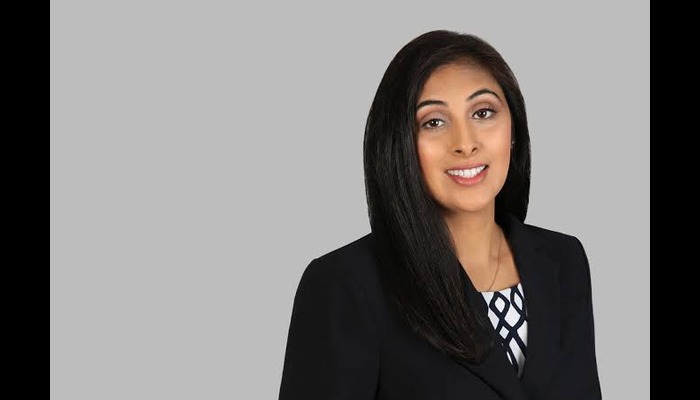The Coordinating Minister for the Economy and minister for finance, Ngozi Okonjo-Iweala said on Thursday that she wished President Jonathan’s administration did not face the kind of ‘poisonous political environment’ which frustrated and hindered most policies that could have delivered better economic benefit to the country.
Okonjo-Iweala was speaking at the African Bankers fifth summit on “Africa Debt and Capital Markets” which held on the sidelines of the ongoing 2015 spring meetings of the International Monetary Fund (IMF) and World Bank in Washington DC, USA.
Okonjo-Iweala’s says she regrets the inability to build robust buffers to sustain at this economic turmoil, having succumbed to continued pressure by the states in particular to share the Excess Crude Account since the law does not allow savings there.
“With hindsight, I wish we could have had a less sort of poisonous political environment in the political space because I think it prevented a consensus on some of the economic frames like saving and building up the buffers.
“Remember we also had to fight pipeline vandalisation and crude oil theft. That also gave us a quantity shock and delivered less savings than we would have had.
“It would been nice if we had that consensus to build up the buffers a bit more and the sovereign Wealth Fund a bit more,” Okonjo Iweala said, responding to questions on her regrets and what she could have done better by the chair of the session, Omar Ben Yedder, publisher African Banker Magazine.
But she said it was quite remarkable that despite the opposition, the Jonathan administration was able to achieve the much it did, and save something.
“So I would have wanted more of that kind of consensus during the time because I think it would have cushioned us a bit more now.”
She recalled that when she served under President Obasanjo, the opposition was not as strong, and also wished that the President Jonathan’s administration did not have to come under a fierce opposition which meant that any policy,like the removal of oil subsidies , no matter how good and profitable, was subjected to not just debate but criticism, analysis, even as she admitted that “this is what democracy is just about.
“I am not quarreling with that per say, but beyound that, I think we did very brave things, even in the face of that. For instance, the president stood his ground and was able to remove some 50 percent of the subsidies.
“When prices were high, we spent, when they were low, we could not maintain it. So by creating the ECA and setting an oil price fiscal rule, it enabled us to save during times of high oil prices and we could draw on that during times of low. And it worked beautifully during the global financial crisis in 2008/2009 because we managed to save a buffer of $22 billion, we drew on it for a fiscal stimulus that saw us through.
“But after that the political will from the states, that insisted that the constitution does not allow us have that kind of mechanism, and so it became a struggle,we did save up to $9 billion, by the end of 2013 but there was so much pressure to share most of this savings, so the buffer went back to where it is today.
“But we do have the mechanism, and do know that with experience, the lesson is being learned now to better build up.
She said the second lesson which is even more fundamental is this issue of the drop in oil prices which should not be seen as a terrible time, but an opportunity for the country to draw on the diversified base of the economy.
“We have also observed that growth is not dependent on oil but on the non oil, so based on that, we can further deepen and diversify the source of our revenues, and that is where the opportunity that confronts us now, which I think that the incoming administration should concentrate on.”
She also reassured that the government would not rush into borrowing to finance budget deficit.
ONYINYE NWACHUKWU








